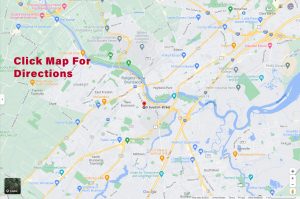Neurosurgery Research Symposium
Thank you to all the participants, poster presenters, guest speakers, and plenary speakers for making the 5th Annual Neurosurgery Research Symposium a resounding success! Your valuable contributions, insightful discussions, and engaging presentations have made this event truly exceptional.
We extend our deepest gratitude to our esteemed plenary speakers, Dr. Howard Riina and Dr. J Mocco, for sharing their expertise and insights on stroke prevention, treatment, and rehabilitation. Your inspiring talks have enriched our understanding and inspired us to further advance in this critical field.
To all our faculty, staff, and residents who presented their latest research findings, thank you for your dedication and commitment to advancing neurosurgery research. Your contributions have been instrumental in fostering innovation and driving progress in our field.
A special thank you to all the attendees for your active participation and enthusiasm throughout the symposium. Your engagement has contributed to the vibrant atmosphere and meaningful discussions that define this event.
As we conclude this year’s symposium, we eagerly anticipate the opportunity to reconvene next year for another intellectually stimulating experience. Until then, we wish you continued success in your research endeavors and look forward to seeing you again next year!
-
-
-
Kathleen W. Ludwig Global Village Learning Center
9 Suydam Street
New Brunswick, NJ 08901 -

